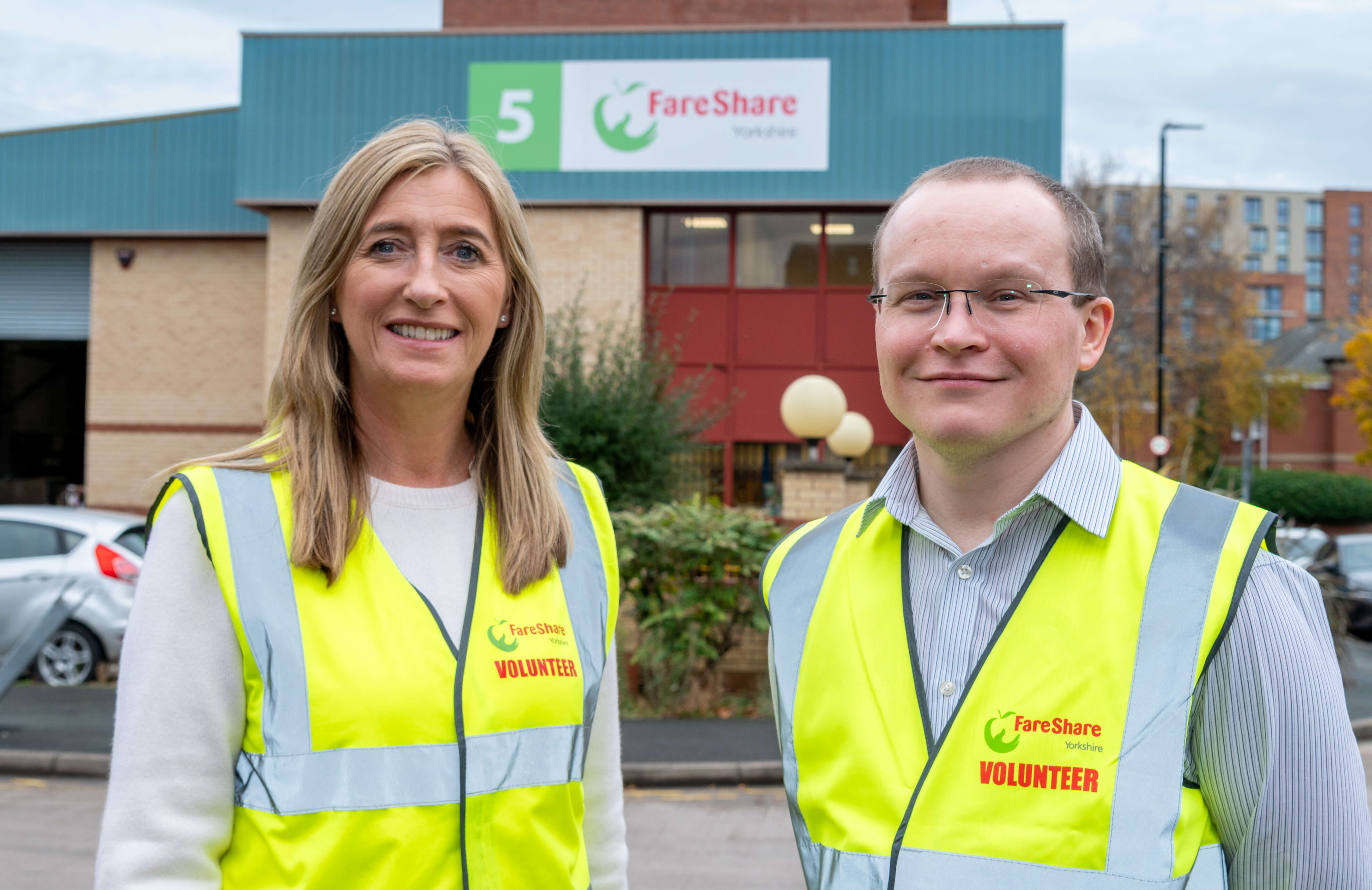Society research shows not just England’s Pickford that is good at saving goals
- According to new research by Yorkshire Building Society people across the UK are following Pickford’s behaviours and building on their saving goals with the average adult in England holding £24,714
- Figures also reveal that UK adults across the nations could benefit from some extra practice when it comes to reviewing their finances
- The mutual offer top tips to avoid making own goals when it comes to savings
New figures[i] released today (Wednesday 19 June), following England and Scotland kicking off their Euro group stage matches, highlights that it is not just England’s keeper Jordan Pickford that is good at saving goals, with the average adult in England saying they have £24,714 in savings up from £18,865 in 2022 when the goalkeeper stood between the posts at the World Cup. Scotland – who are facing a challenging group - also face some savings challenges with the average Scot holding almost £10,000 less at £15,143 – an increase of just £593 in the last two years.
When it comes to the rest of the home nations the figures show it’s Wales who top the table with the highest increase in savings balance since 2022 with average adult holding just short of £26,000 up from £19,800. Third place goes to over-18s in Northern Ireland with £19,718 increasing their savings from £17,584.
Chris Irwin, director of savings at Yorkshire Building Society said: “As the country starts settling down to watch their team saving and scoring goals, now is a great time for people to start thinking about their own short and long-term financial goals.”
The research from the mutual also revealed however that many could be making own-goals when it comes to where they keep those hard-earned savings with over a third (36%) admitting to keeping their savings in a current account earning low or zero interest rates. With adults in England topping the group with an average balance in their current account of £5,327 - potentially missing out on hundreds of pounds compared to many instant access savings rates.
When it comes to the resilience of UK adults the research showed that a quarter (25%) of UK adults have less than £500 in savings to fall back on. That figure however has slightly improved since 2022 where almost a third (32%) admitted to having less than £500 saved.
Chris continued: “One thing about saving money is that it’s never too soon or late to start. The first step is to think about your financial goals, what do you want to do and when. Whether you're thinking about saving up for something special within the next few months, or you're looking further ahead and planning for your future – we're here to help you think about the savings options that are available to you.
“Thinking ahead, even by just a few months, can help to alert you to any events that you may want to have some money put aside for. Things like Christmas, holidays or travelling to watch your football team that simply cost more than a normal day or week would.
“Of course, your goals will differ, depending on your age and situation, too. By thinking ahead, you'll start to see that some of your goals will be short-term and some long-term and that each will need a different saving or investment strategy.”
Ahead of England and Scotland’s next games in the championship the mutual is offering savings tips to support customers looking to improve the saving goals.
Review your squad – thoroughly review your current savings pot(s). Are they all in one account or across a number of providers? Is your money working as hard as it can? We are currently seeing the highest interest rates we have in a decade so it’s really important to check you’re getting the best rate.
Consider your tactics – whether you already save or are just getting started, review your incomings and outgoings, essentials and desirables. Work out what you’re left with each month after the essentials are covered and see if you can cut back on any ‘luxuries’ to start saving. Just £50 a month, or the equivalent of one social night out, would add up to £600 over the course of the year.
Avoid penalties – the interest you earn on your savings isn’t taxed, up to a limit. Basic rate tax payers can earn up to £1,000 in savings income tax-free thanks to the Personal Savings Allowance introduced in April 2016. Based on an average savings rate of 4.25% a basic rate taxpayer would only need around £25,000 in savings to start paying tax on interest.
Substitute your savings accounts – you can save up to £20,000 tax-free in an Individual Savings Account (ISA) every tax year, from 6 April to 5 April. There are various types of ISAs – including cash, stocks and shares, and Lifetime ISA– and you can put your £20,000 allowance into one type of account or split the allowance across some or all of the others.
Look for a home advantage – do you need access to any savings you’re able to put away or would you be happy to limit withdrawals? Speak to a bank or building society financial services provider about the different accounts available and determine which best fits your needs.
Yorkshire Building Society has a range of support tools available online for people wanting to build their financial resilience and set short and long-term savings goals or take practical steps to saving more.



